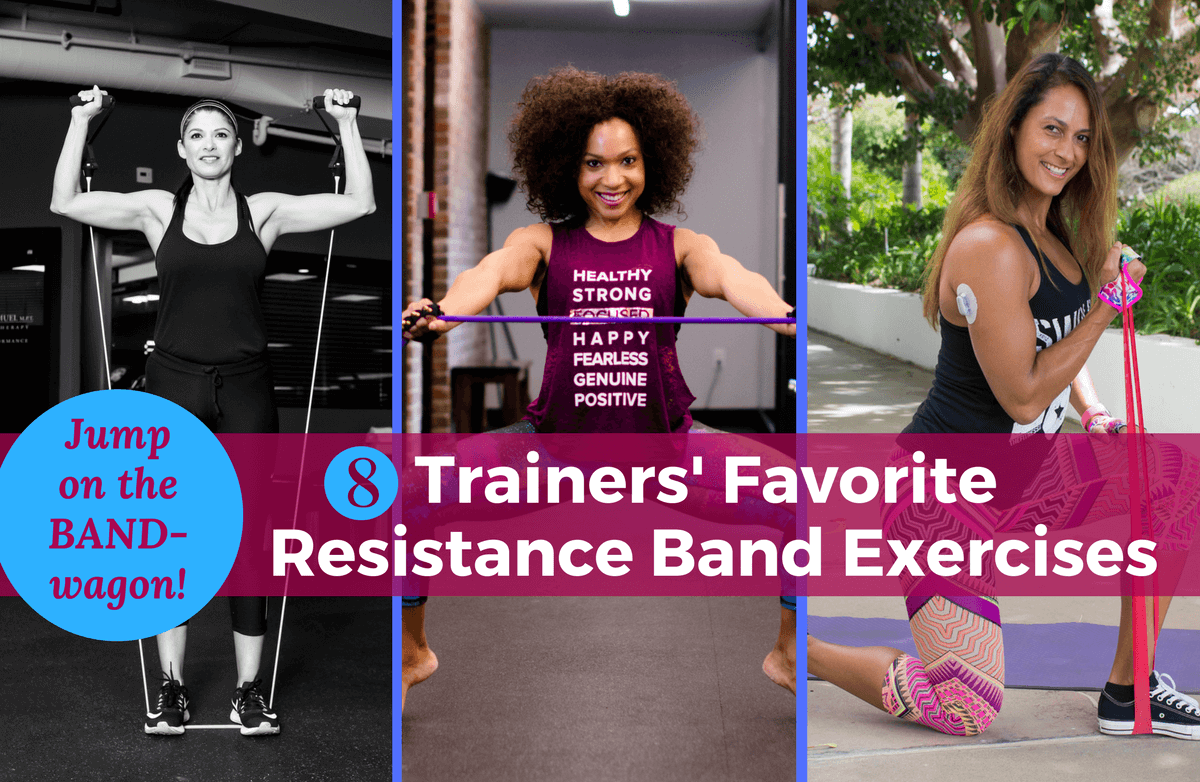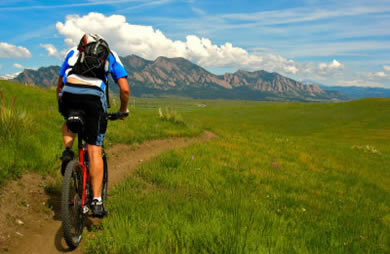|
For many runners recovery is an often overlooked phase in their training. The "if some is good, therefore, more must be better" approach to training makes them believe the more they run or workout the better their performance will be or the faster the results will come. But unfortunately for many us that is not quite the case. In fact if you find yourself in a slump when it comes to your training runs or your race performance is being hindered, it may not be your lack of training that is leading you down this path, but your lack of rest and recovery that is putting you in that downward spiral. Recovery is often percieved as something outside our training program. For many of us who spent a lifetime sitting on the couch there is something about going out for a nice run or hitting the gym for an hour to two every day. Being active makes us feel good. It makes us feel like we are in control. After all exercise is good for our bodies and our mental well-being, but what we may not appreciate is that rest and recovery are equally important in our journey to becoming fit and healthy. While recovery times vary depending on age, current level of fitness, history of physical activity, intensity, frequency and duration of the workouts, stress in our lives, sleep, even our own physiology, when we do not allow for proper recovery between runs or workouts this can lead to a greater incidence of injury, illness, sleep disturbances, nutritional deficiencies, as well as moodiness and prolonged fatigue. And as I mentioned earlier, we may even begin to find our passion for running or working out in general waning. But how do you go about finding balance without feeling as though you are taking some giant steps backwards in your training? Firstly, we must understand the Principle of Specificity. Basically this principle states that in order to adapt to a particular sport or activity one must practice in training that sport or activity. In simple terms it means that in order to be a runner, one must run. While one will achieve some cardio-respiratory benefits doing other types of workouts, a runner still must run to improve his/her running skills. A very simple equation for helping us to understand adaptation is: Stress (or Stimulus) + Rest = Adaptation If you take away any factors of the equation, your body will fight to make the adaptation to the activity. However, just like one can do too little activity and experience issues, same is true when we do too much. It's about creating balance. And what many of us fail to understand is that mental stress in our daily lives can be just as draining on our bodies as the exercise that we do. When we undergo mental stress, as well as physical stress, our bodies respond by increasing the stress hormone cortisol. While cortisol is an important hormone in our daily lives as a response to stress, when our levels are chronically elevated this can lead to health issues down the road. Once again this is about seeking balance. One of the most difficult aspects in working with runners is making them aware that the symptoms they are experiencing could be caused by overtraining. Because we don't always recognize the symptoms, especially if we see our progress slowing, we do what we feel we must do and that is push our bodies even harder, whether that means increasing the duration, intensity and frequency of our runs or workouts. As mentioned earlier, in order to improve as a runner we must push our bodies a little more than we are comfortable at running, however, we cannot forget the second part of the equation and that is rest. Because there is not a clinical test to diagnose overtraining syndrome when we, or better yet, when others around us begin to notice the advent of symptoms, such as moodiness, mild depression, poor sleep, lack of appetite and prolonged fatigue, this is the time to pull back, get some rest and allow your body to adapt. Have you ever experienced any symptoms of overtraining? If so, what were some of the symptoms you experienced? |
More From SparkPeople
|















